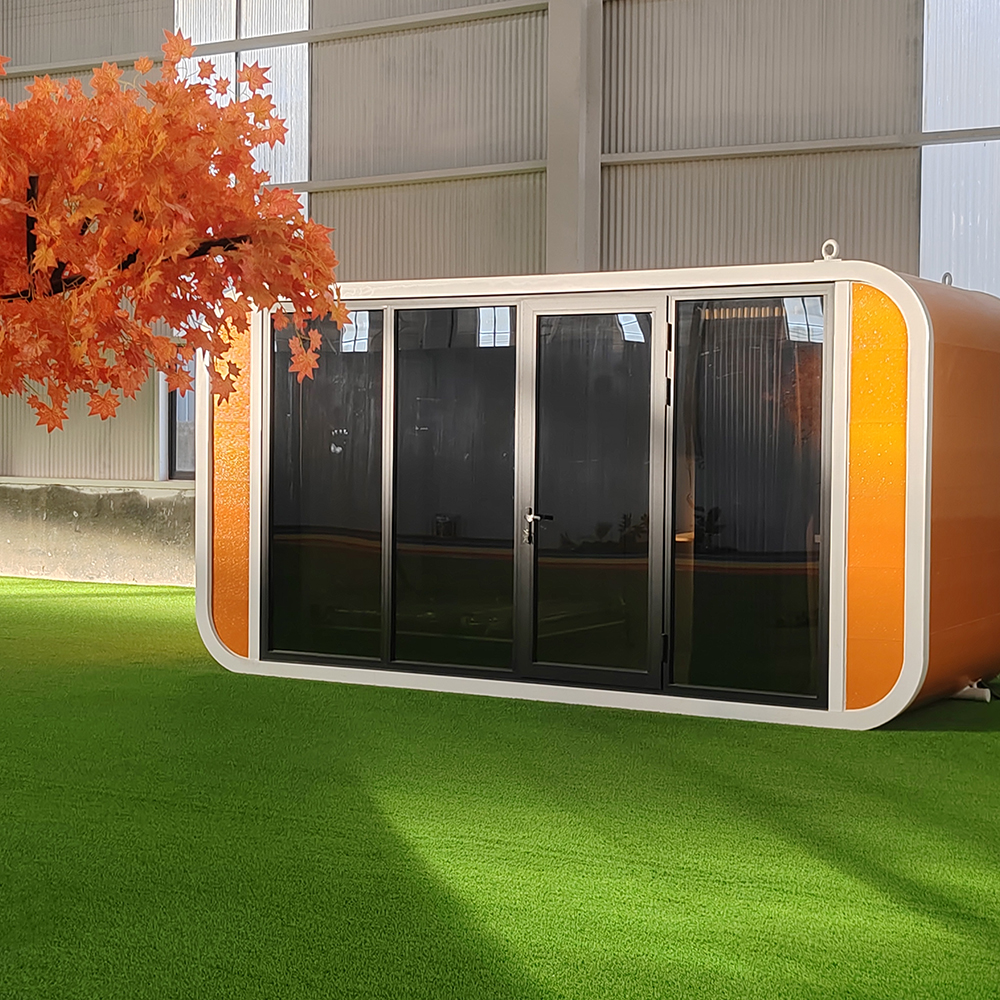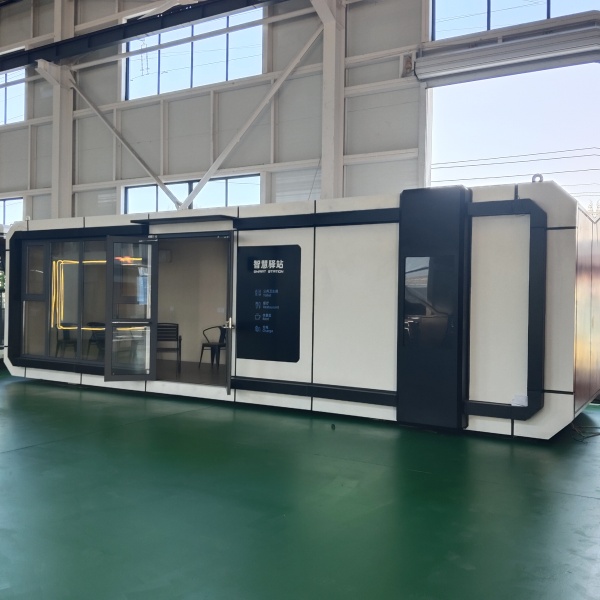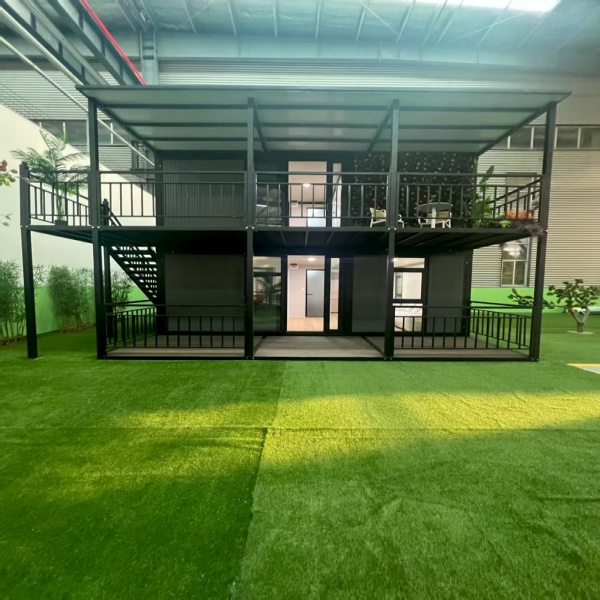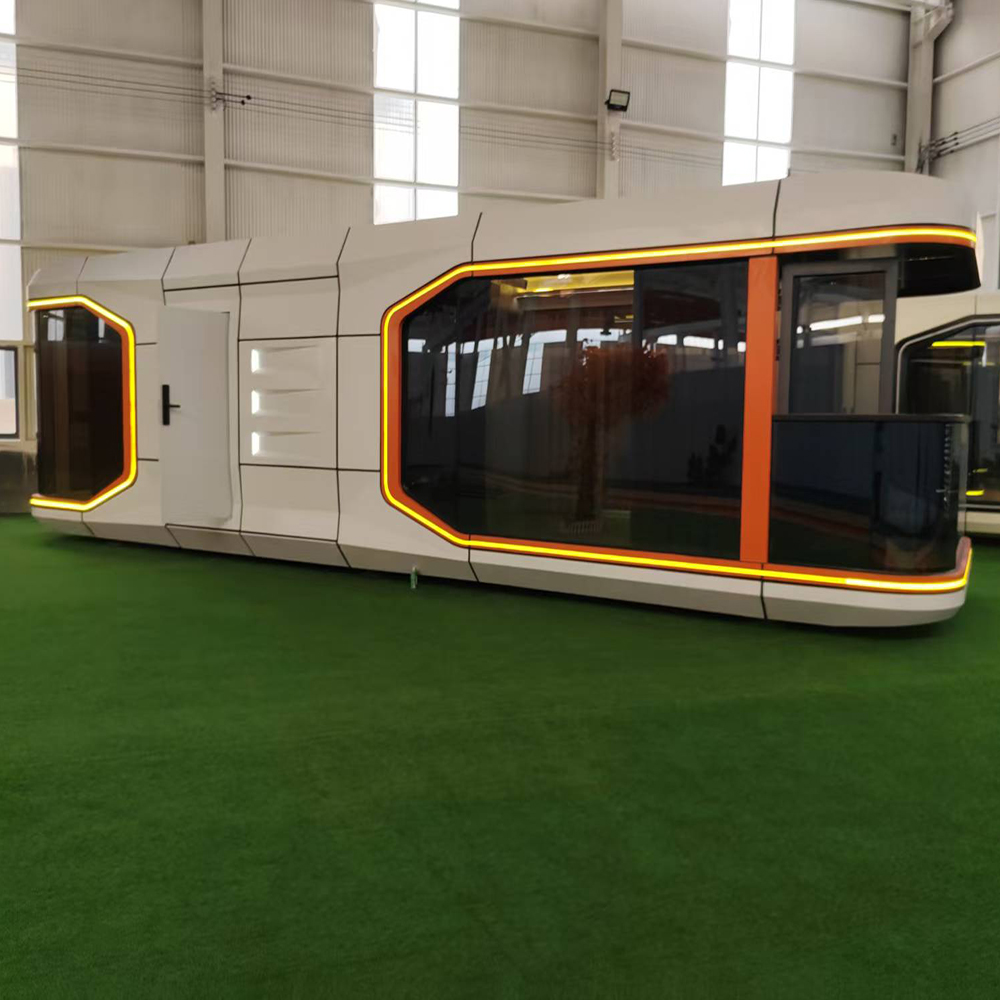-
E-mail
Austin120521@outlook.com -
E-mail
sales@jujiuhouse.com -
Telephone
+86-17864099991 -
Telephone
+86-17854044442
- Chinese
- French
- German
- Portuguese
- Spanish
- Russian
- Japanese
- Korean
- Arabic
- Irish
- Greek
- Turkish
- Italian
- Danish
- Romanian
- Indonesian
- Czech
- Afrikaans
- Swedish
- Polish
- Basque
- Catalan
- Esperanto
- Hindi
- Lao
- Albanian
- Amharic
- Armenian
- Azerbaijani
- Belarusian
- Bengali
- Bosnian
- Bulgarian
- Cebuano
- Chichewa
- Corsican
- Croatian
- Dutch
- Estonian
- Filipino
- Finnish
- Frisian
- Galician
- Georgian
- Gujarati
- Haitian
- Hausa
- Hawaiian
- Hebrew
- Hmong
- Hungarian
- Icelandic
- Igbo
- Javanese
- Kannada
- Kazakh
- Khmer
- Kurdish
- Kyrgyz
- Latin
- Latvian
- Lithuanian
- Luxembou..
- Macedonian
- Malagasy
- Malay
- Malayalam
- Maltese
- Maori
- Marathi
- Mongolian
- Burmese
- Nepali
- Norwegian
- Pashto
- Persian
- Punjabi
- Serbian
- Sesotho
- Sinhala
- Slovak
- Slovenian
- Somali
- Samoan
- Scots Gaelic
- Shona
- Sindhi
- Sundanese
- Swahili
- Tajik
- Tamil
- Telugu
- Thai
- Ukrainian
- Urdu
- Uzbek
- Vietnamese
- Welsh
- Xhosa
- Yiddish
- Yoruba
- Zulu
- Kinyarwanda
- Tatar
- Oriya
- Turkmen
- Uyghur

China fold out homes from shipping containers
China and the Innovative Fold Out Homes from Shipping Containers
Shipping containers being transformed into homes is nothing entirely novel. However, in China, companies are pushing this concept further, creating fold out homes that offer flexibility and efficiency, adapting to modern needs. As someone who's dipped their toes in the construction industry, I'm often struck by the rapid innovation and practical ingenuity driving such projects.
The Rise of Fold Out Homes
In recent years, fold out homes made from shipping containers have gained traction due to their ease of deployment and sustainability. These structures are not merely a trend but a response to urban space constraints and the increasing demand for affordable housing solutions. Companies like Shandong Jujiu Integrated Housing Co., Ltd. are at the forefront of this innovation, pioneering designs that are setting standards across the sector.
The unique selling point of these homes lies in their adaptability. Picture a container that unfolds into a ready-to-live-in space within hours—this isn't just theory. These structures have been tested under various conditions and have shown remarkable resilience and practicality. Having witnessed some prototypes firsthand, I can attest to their potential in alleviating housing shortages, particularly in densely populated urban areas.
While the concept seems straightforward, the intricacies lie in the design and engineering. Creating a foldable structure that maintains structural integrity when expanded is far from simple. Engineers and designers have spent countless hours refining these models, integrating advanced materials and technologies to ensure they meet safety and durability standards.
Challenges and Real-world Applications
Of course, challenges persist. Transport costs, customization, and local regulations can be significant hurdles. Not every container can be converted directly due to variations in size and condition. However, companies in China are equipped to navigate these challenges efficiently, thanks to robust infrastructure and a large pool of skilled workers.
Real-world use cases keep cropping up. For instance, after natural disasters, these fold out homes serve as rapid deployment shelters. They’re not just quick solutions but can be adapted with amenities to support long-term living, a necessity that’s been recognized during several reconstruction efforts in rural and semi-urban locales.
What’s intriguing is that these homes don't have to sacrifice comfort or aesthetics. Modern designs incorporate eco-friendly materials and space-saving innovations, allowing for the integration of solar panels, rainwater harvesting systems, and modular furniture, making homes both sustainable and refined.
Shandong Jujiu's Contribution to Innovation
At the heart of this movement is SHANDONG JUJIU INTEGRATED HOUSING CO., LTD., a dynamic force redefining what’s possible with integrated housing. Their commitment to research and development, alongside a clear focus on sustainability, makes them a key player in this field. Their approach combines traditional craftsmanship with cutting-edge technology, creating products that are both innovative and grounded in reality.
They don't just stop at creating residential spaces; their projects extend to commercial developments, showcasing the versatility of fold out structures. Whether it’s for temporary offices in remote locations or permanent retail spaces within bustling cities, the applications are varied and almost limitless.
The buzz isn’t just local. International interest has grown, and Jujiu’s structures have started appearing in projects abroad. This global reach underscores the universal appeal of flexible, efficient building solutions, especially as urban centers around the world grapple with similar challenges.
Future Prospects and Considerations
Looking to the future, it's essential to consider how these homes can integrate even more with modern technologies. The incorporation of IoT and smart home systems could elevate the user experience, making these houses not just places to live but hubs of smart living. The evolution of these homes is likely to be dictated by advances in material science and digital technology integration.
However, caution must be exercised. The growth of fold out homes should not lead to complacency regarding traditional building methods. There's a place for both, and perhaps the future lies in hybrid models that draw on the strengths of each, balancing innovation with convention.
The industry should remain vigilant of environmental impacts. While the upcycling of shipping containers is eco-friendly, the broader environmental impact during production and transportation needs ongoing assessment to ensure true sustainability.
Conclusion
The trend of transforming shipping containers into fold out homes in China is more than just a fleeting innovation. It's a response to modern-day challenges in housing and sustainability. Companies like Shandong Jujiu Integrated Housing Co., Ltd. are not merely participating but leading the way, paving paths to more efficient, flexible, and eco-conscious living. The future will unquestionably see these adaptable homes being integrated into diverse scenarios, moving past mere necessity to become a preferred choice for many.
Related products
Related products
Best selling products
Best selling products-
 Detachable Design Prefabricated Container House Portable Modular Office Building Folding Container House
Detachable Design Prefabricated Container House Portable Modular Office Building Folding Container House -
 Customized Two Wing Folding Expandable Container House
Customized Two Wing Folding Expandable Container House -
 Luxury Prefabricated Living Container House Modular Glass Tiny House Prefab Container Home Apple Cabin
Luxury Prefabricated Living Container House Modular Glass Tiny House Prefab Container Home Apple Cabin -
 Modular modern movable apple cabins, customized high-end folk houses and portable bedrooms, delivered as a whole
Modular modern movable apple cabins, customized high-end folk houses and portable bedrooms, delivered as a whole -
 Luxury foldable two-story container houses in luxury resort hotels and villa hotels
Luxury foldable two-story container houses in luxury resort hotels and villa hotels -
Two Wing Folding Expandable Container House
-
 Hot-selling foldable container houses, expandable prefabricated houses, suitable for office or living use, with fast delivery.
Hot-selling foldable container houses, expandable prefabricated houses, suitable for office or living use, with fast delivery. -
 Luxury Foldable Two Story Container House for Glamping Resort and Villa Hotel
Luxury Foldable Two Story Container House for Glamping Resort and Villa Hotel -
 Dual-Wing Folding Container House: Fast Assembly, Space-Saving & Multi-Scene Adaptable
Dual-Wing Folding Container House: Fast Assembly, Space-Saving & Multi-Scene Adaptable -
 Standard Modern Camping Pod Space Prefabricated Portable Mobile Capsule Room Hotel Bathroom Prefabricated Spaceship House
Standard Modern Camping Pod Space Prefabricated Portable Mobile Capsule Room Hotel Bathroom Prefabricated Spaceship House -
 High-quality Double-wing Folding Container House with Doors and Windows, Insulated Walls, Suitable for Various Scenarios.
High-quality Double-wing Folding Container House with Doors and Windows, Insulated Walls, Suitable for Various Scenarios. -
 The foldable container house with side wing design can be quickly set up and is suitable for various environments.
The foldable container house with side wing design can be quickly set up and is suitable for various environments.
Related search
Related search- mobile living container house prefabricated house
- fold out houses from boxabl
- good price folding shipping container house
- China z folding container house
- China prefab folding house
- supplier foldable house container expandable
- apple cabin prefab homes
- z type folding container house
- China portable fold out homes
- portable unfolding house












